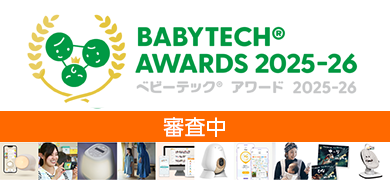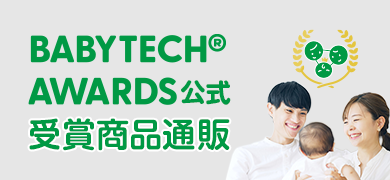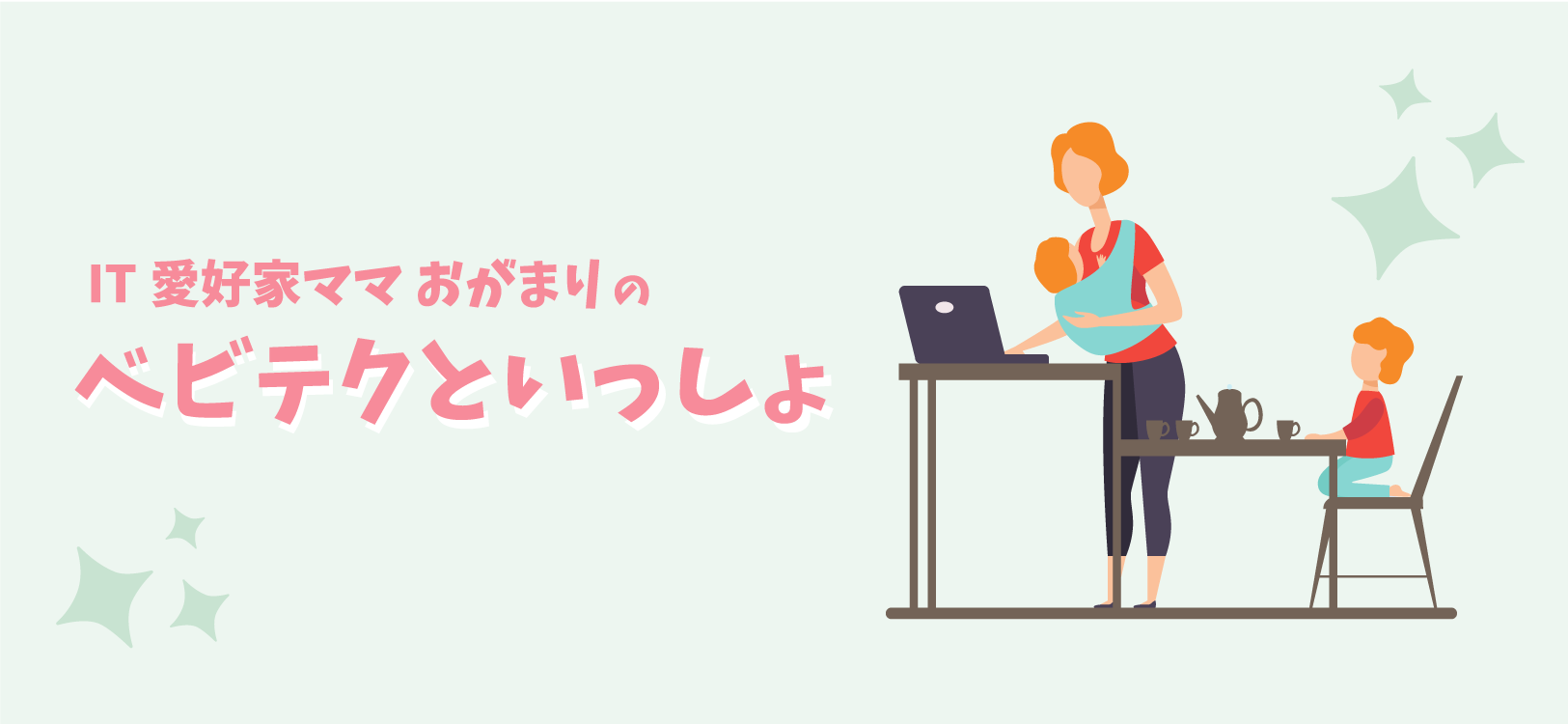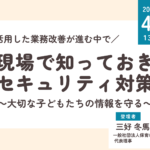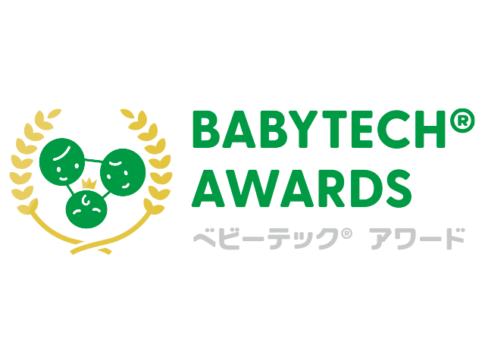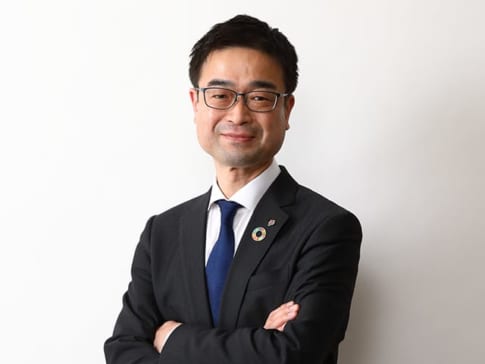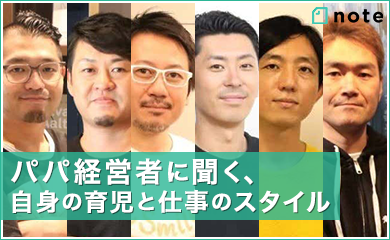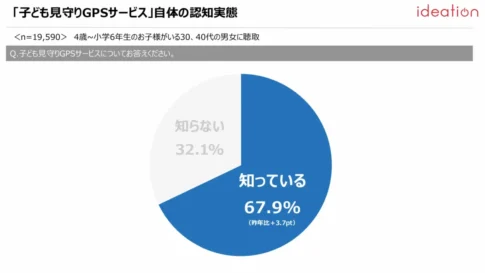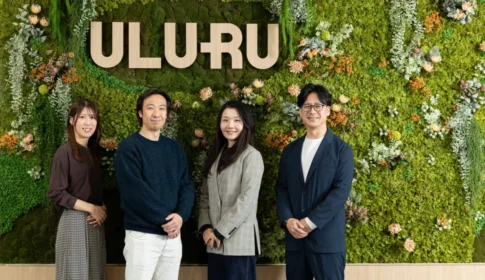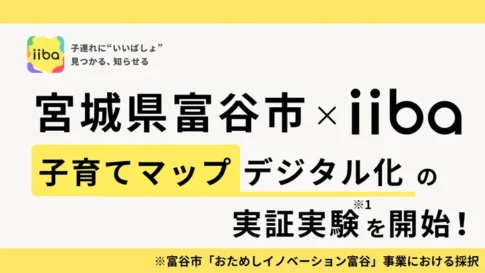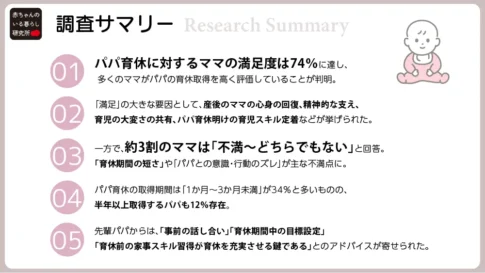- The following is content from the press release -
(Chuo-ku, Tokyo; CEO: Hideaki Ohno; hereinafter referred to as "the Company") have entered into a joint research agreement to conduct research on "Epidemiological Study of Cranial Deformity in Japanese Children
The University of Toyama Hospital Perinatal and Maternal Center (Toyama City, Toyama Prefecture; Professor Taketoshi Yoshida, Director) and our company have signed a joint research agreement on "Epidemiological Study of Cranial Deformity in Children in Japan" to conduct a survey and research to determine the incidence of positional plagiocephaly in young adults (aged 15-39) in Japan. In Japan, the "Alopecia Alopecia Study" has been conducted since 1994. The purpose of this study is to clarify the frequency of head deformities before and after the "sleeping on one's back" campaign, which has been conducted in Japan since 1994.
Since 2022, the University of Toyama Hospital has been providing craniofacial correction treatment for infants using our craniofacial correction helmets. While some parents are concerned and anxious about the cranial shape of their infants and visit the hospital, this study focuses on the fact that the incidence of positional plagiocephaly in children in Japan is not yet clear.
Patients aged 15-39 years who underwent CT imaging of the head at the University of Toyama Hospital were selected, and CVAI (Cranial Vault Asymmetry Index, an indicator of the degree of symmetry of the head) was measured from CT images. Since the study will analyze head data from randomly selected patients, it is expected to be a groundbreaking study that will shed light on a point that has not yet been scientifically proven, and depending on the results, it is expected to provide extremely useful information for parents and caregivers suffering from cranial deformities in their children.
Toyama University Hospital: https://www.hosp.u-toyama.ac.jp/
Perinatal Mother and Child Center, University of Toyama Hospital
Comment from Dr. Taketoshi Yoshida, Director of the Center
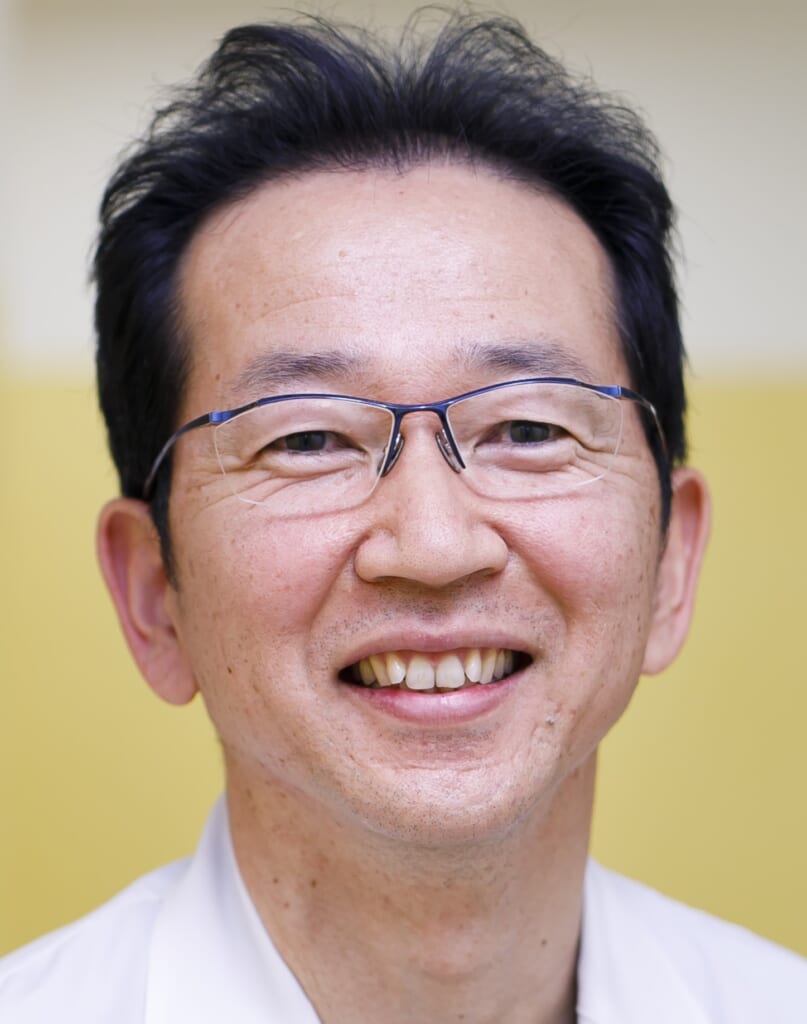
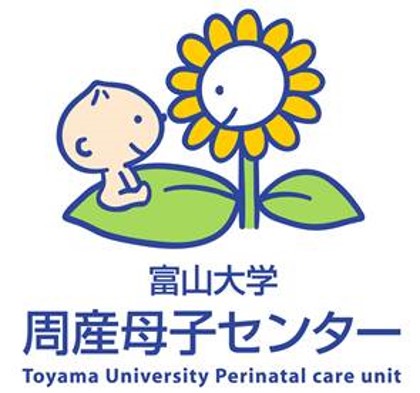
- What to expect from the study
Until now, the frequency of plagiocephaly and short head syndrome in adults in Japan has not been clear. In this study, we will analyze three years' worth of CT head images of young adults to determine the frequency of plagiocephaly and short head syndrome, which will hopefully clarify the effects of elevation on cranial deformity.
- Conducting research
We offer helmet orthodontic treatment for children with moderate or severe plagiocephaly or short head syndrome. We hope that by clarifying the natural history of plagiocephaly, the results of this study will help parents to decide whether or not to provide helmet correction therapy.
We hope to not only manufacture craniofacial correction helmets for infants, but also to spread correct understanding of cranial deformity and proper cranial health checkups and helmet treatment worldwide through research into the effects of cranial deformity on the human body. We will continue our activities through collaboration with medical institutions, doctors, and other researchers.
About the Baby Head Shape Measurement App
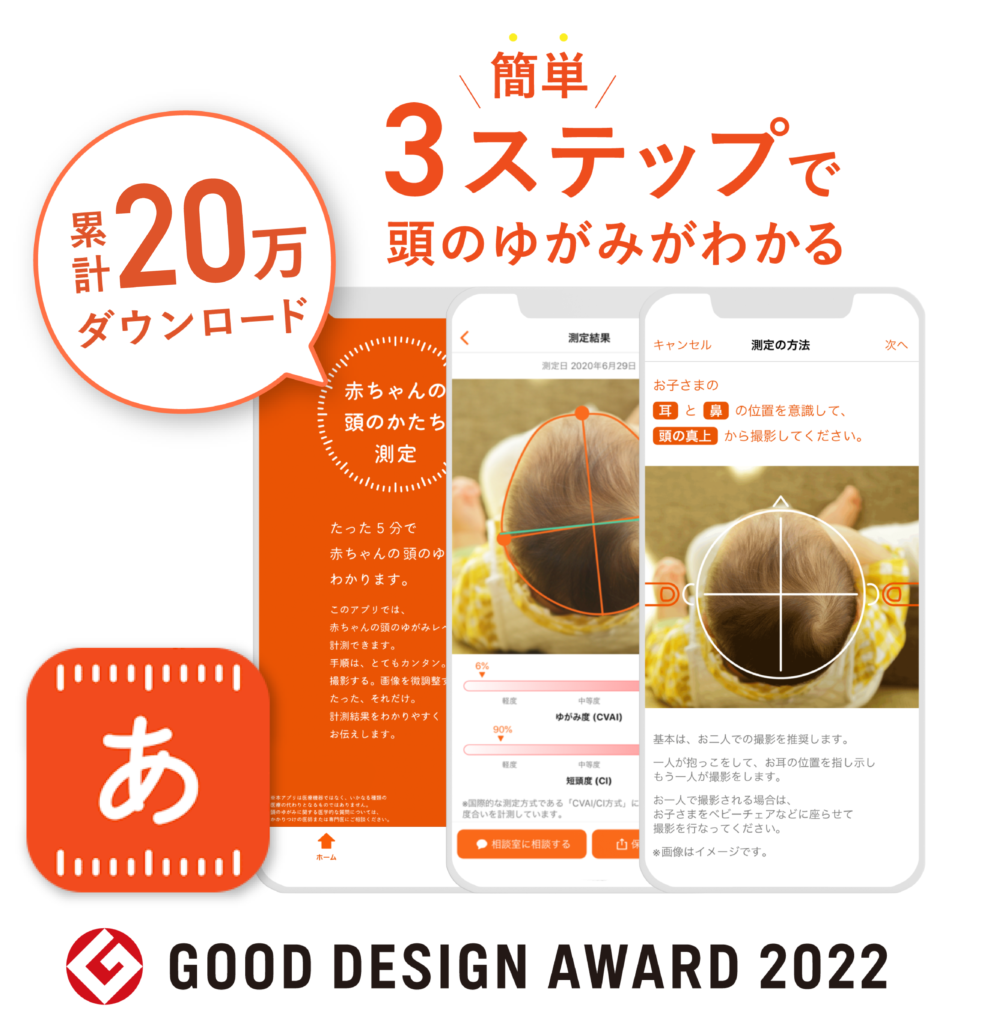
Normally, measurements of a baby's head shape are taken at a medical institution using a dedicated 3D scanner, but the results of measurements using the "Baby Head Shape Measurement App" can be widely used as a reference measurement value. The free "Baby Head Shape Measuring App" allows you to easily measure the shape of your baby's head by simply taking a photo with your smartphone. The app has been downloaded more than 200,000 times* and its accuracy has been improved, and the app data has been used in publications by doctors. The application has been developed under the supervision of physicians, and may be useful during medical examinations at hospitals. We hope you will download and make use of it.
*: March 2024, according to Japan Medical Company
Products Qurum
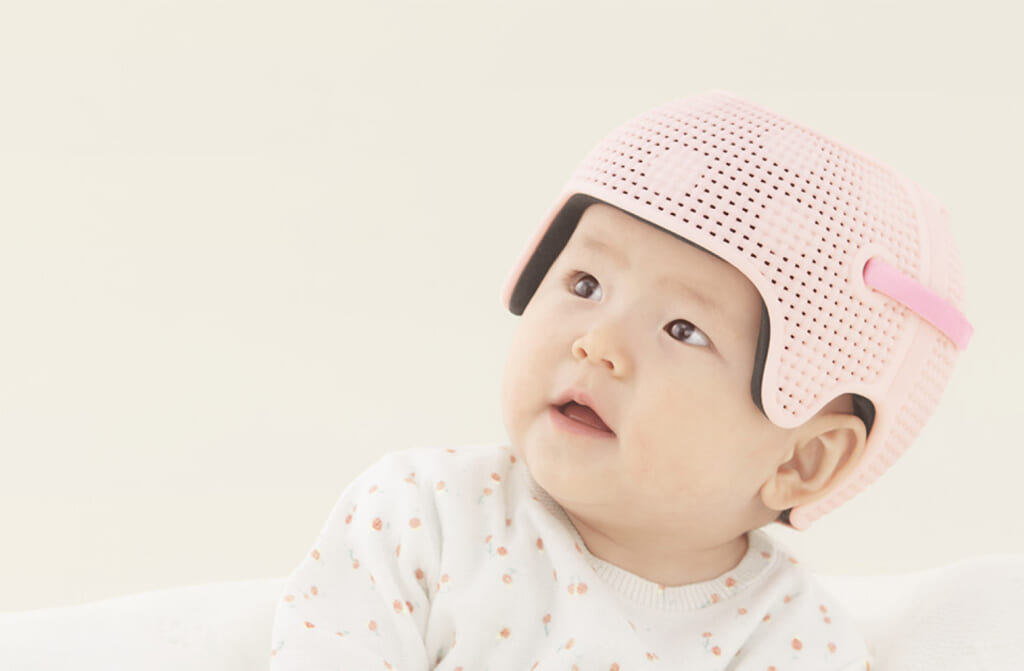
We have been manufacturing cranial shape corrective helmets for many years and developed this helmet under the supervision of doctors of neurosurgery, pediatrics, neonatology, pediatric surgery, and plastic surgery. The helmet is made in Japan using a state-of-the-art 3D printer and is highly breathable to prevent overheating, and the cushion itself as well as the helmet can be washed in water. From the mechanism to the design, we have given shape to what babies need.
https://japanmedicalcompany.co.jp/qurum/
About Japan Medical Company, Inc.
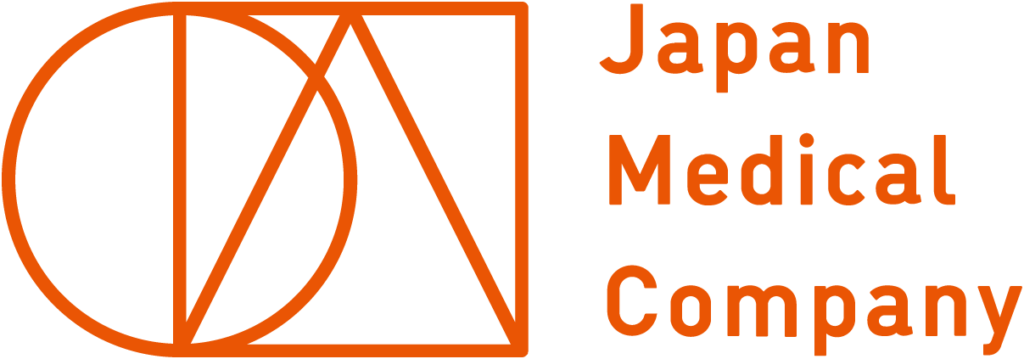
Japan Medical Company is a manufacturing venture company that uses cutting-edge 3D printing technology to revolutionize the shape of medicine. The company develops, manufactures, and sells "Qurum" and "Aimet", helmets that correct "head distortion" in babies.
With a cumulative total of more than 13,000 cases (*note) using helmets, we will work to further expand awareness of helmet therapy and promote the concept of cranial shape correction itself and disease awareness.
Note: March 2024, according to our research.
Company name: Japan Medical Company, Inc.
■Established: May 2018
Representative Director and CEO: Hideaki Ohno
■Business activities: Development, manufacture, and sales of medical equipment; development, manufacture, and sales of miscellaneous medical products
■URL: https://japanmedicalcompany.co.jp
List of Japan Medical Company, Inc. press releases
https://prtimes.jp/main/html/searchrlp/company_id/46445
For inquiries or questions regarding this release, please contact
Mizuho Yanagimoto, President Office, Japan Medical Company, Inc.
TEL: 03-5829-8342 /choice@japanmedicalcompany.co.jp

